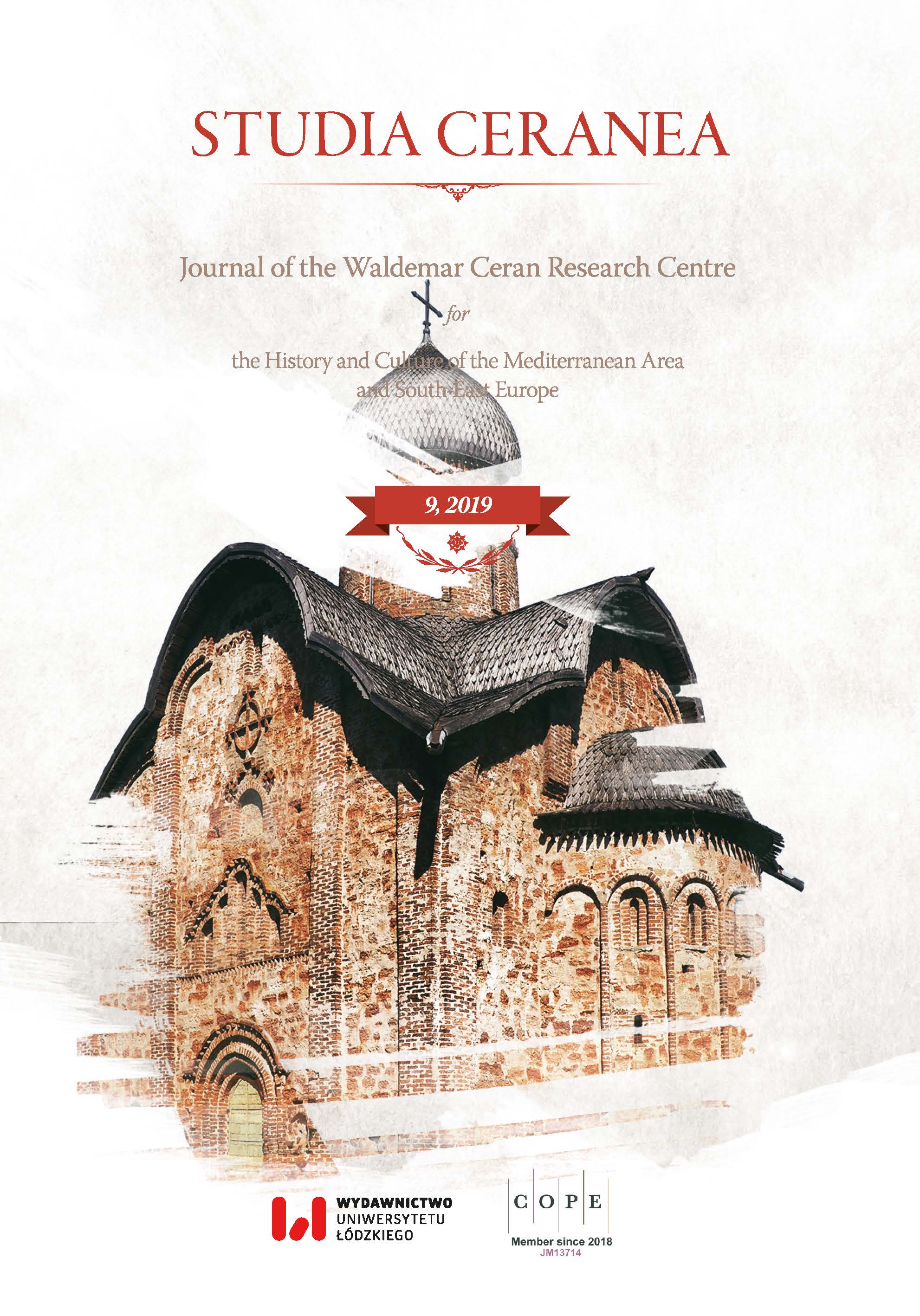Innocent III and South-eastern Europe: Orthodox, Heterodox, or Heretics?
Innocent III and South-eastern Europe: Orthodox, Heterodox, or Heretics?
Author(s): Francesco Dall’AglioSubject(s): Christian Theology and Religion, 6th to 12th Centuries, History of Religion
Published by: Wydawnictwo Uniwersytetu Łódzkiego
Keywords: Church studies; crusade studies; medieval Bulgaria; Latin Empire of Constantinople; medieval Bosnia; medieval Serbia; medieval heresies; Innocent III
Summary/Abstract: In the beginning of the pontificate of Innocent III (1198–1216) the necessity of creating a large coalition for a better organization of the Fourth Crusade convinced the pope to establish diplomatic relations with Bulgaria and Serbia, and to support Hungarian expansion in Bosnia. His aim was to surround Constantinople with a ring of states loyal to the Roman Church, thus forcing the empire to participate in the crusade. In order to achieve this result, Innocent was more than willing to put aside his concerns for strict religious orthodoxy and allow the existence, to a certain extent, of non-conforming practices and beliefs in the lands of South-eastern Europe. While this plan was successful at first, and both Bulgaria and Serbia recognized pontifical authority in exchange for political legitimization, the establishment of the so-called Latin empire of Constantinople in 1204 changed the picture. Its relations with Bulgaria were extremely conflicted, and the threat posed by Bulgaria to the very existence of the empire forced again Innocent III to a politics of compromise. The survival of the Latin empire was of the greatest importance, since Innocent hoped to use it as a launching point for future crusades: yet, he tried until possible to maintain a conciliatory politics towards Bulgaria as well.
- Issue Year: 2019
- Issue No: 9
- Page Range: 11-25
- Page Count: 15
- Language: English

